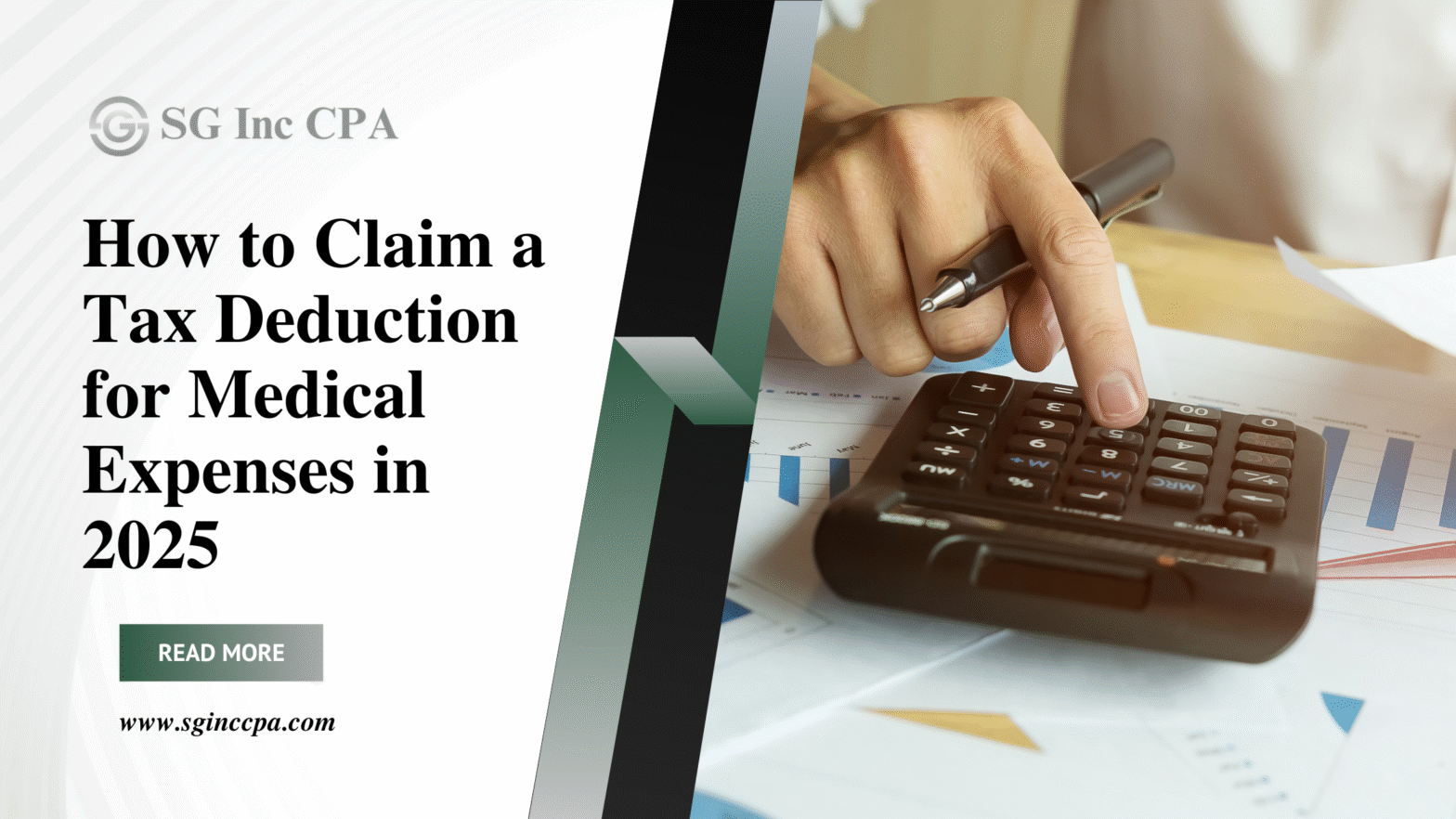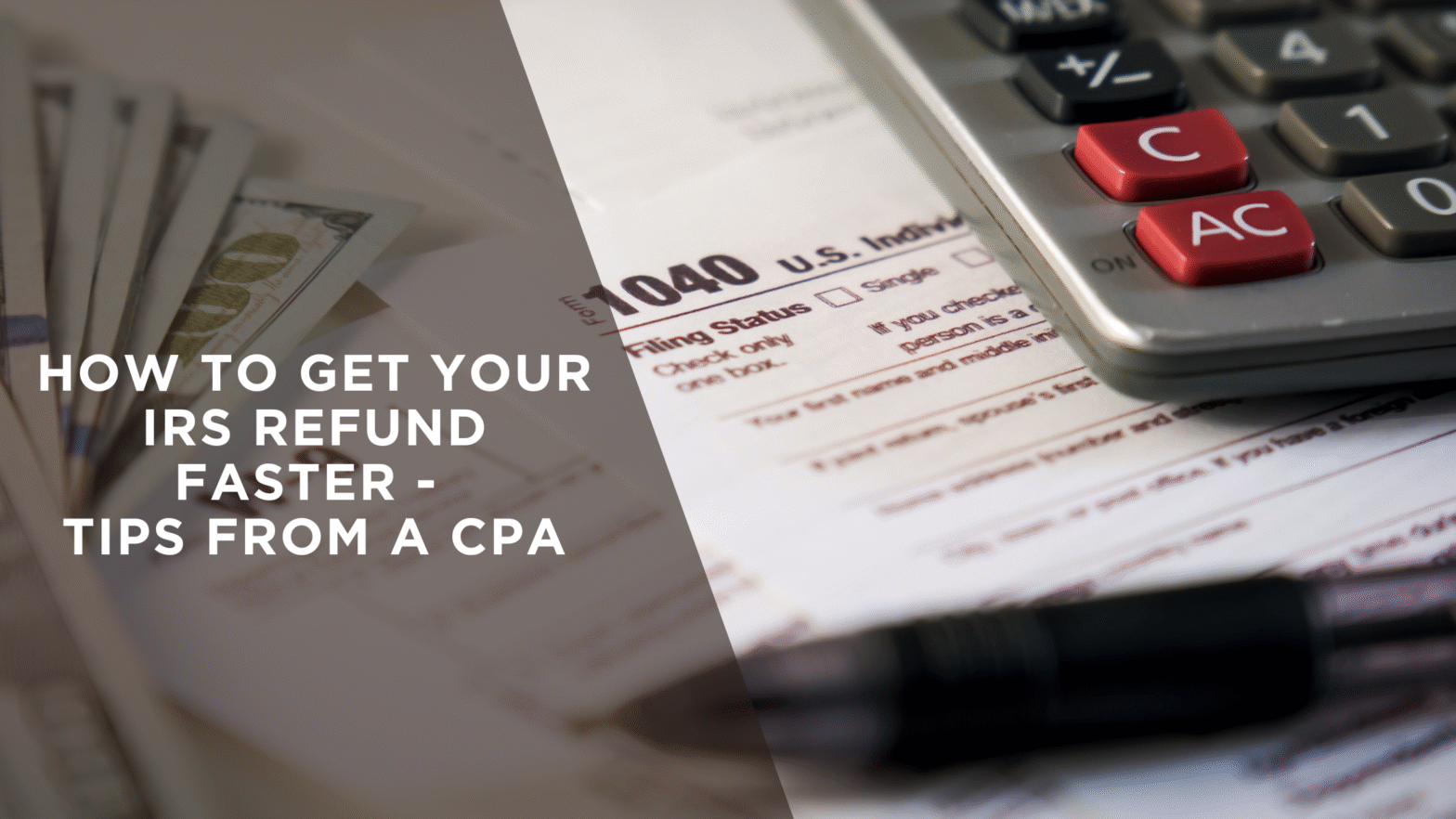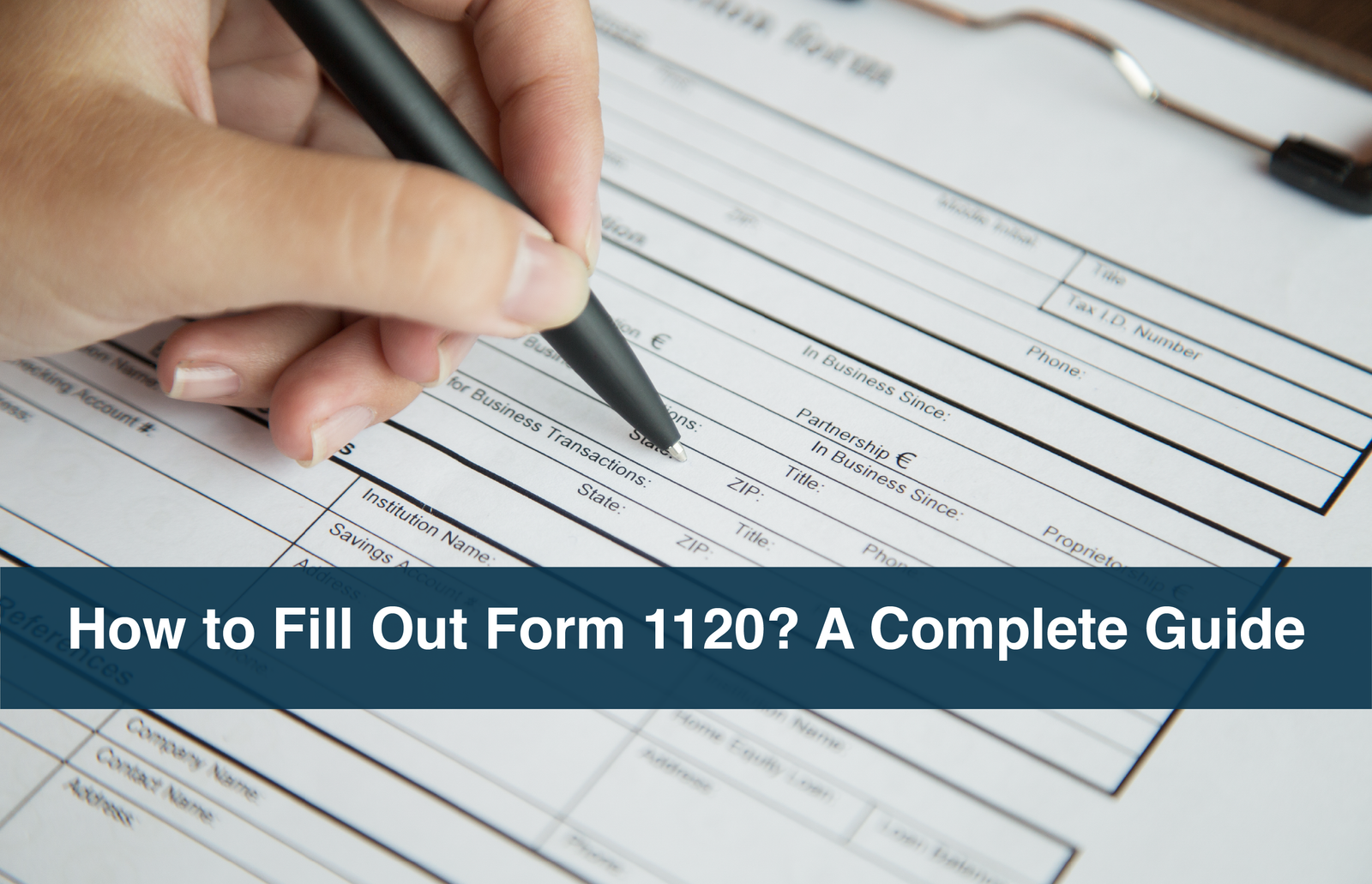What is a Capital Gain?
Capital gains can be defined as selling an item for more than the price you acquire it. it is known as capital gain. Most of the devaluations that the thing will undergo during the time then the sale of that object or item is not called a capital increase. However, you’re still responsible for capital gains taxes on anything you buy and resale for the gain.
For example, if you sell paintings, a vehicle, a yacht, or a precious household item for more than you get it for, that’s regarded as capital gain.
Types of Capital Gains
Capital Gain has only two types. Long-term capital gain and short-term capital gain.
- Short-term capital gains are applied to the profits you get from the item or product which is less than a year old. Short-term capital gains tariffs relate to where you lie in the national tax bracket, so you will have to pay them at the same price you’d pay your regular earnings taxes.
- Long-term capital gains tax is a tax applicable to assets that are older than one year. The long-term capital earning tax ranges from 5 to 20%, and it solely relies on your profit. These prices are usually significantly lower than the normal income tax bracket
Things to Keep in Mind
Following are the things you must bear in mind about capital gains tax. The proceeding guideline will help you in understanding the capital gains and how it is taxed.
1. Capital Gains Are for Everyone
According to the IRS, everything that an individual owns is referred to as a capital asset. So, it does not matter whether you purchase anything after the investment or anything you acquire for your necessities such as a bike or LED TV.
Selling an item or product more than its basis, then the discrepancy is a capital gain or income, and it needs to be declared on your tax records. In case you are buying an item, then the basis will be what you paid for that product or item. It covers not only the amount of the outcome but any other expenses you had to give before acquiring it, such as:
- Sales duty, excise fees, and additional fees
- Shipment and processing expenses
- Installation and setup fees
Also, money spent on modifications that enhance the product’s price—for example, a renovation in your house—can be added to your basis. Similarly, any harm to assets lessens the basis.
2. Home is Excluded from Capital Gains
The sole biggest property many individuals have is their house, and according to the property market, a householder might get a massive capital income on a sale. You can get the capital gain on home sales if you fulfill three criteria:
- You owned the property for a sum of a minimum of two years in the five-year term before the sale.
- You used the home as your primary dwelling for a sum of a minimum two-year in that same five-year term.
- You haven’t subtracted the profit from another house sale in the two-year time before making the trade.
If you fulfill these stipulations, you can preclude up to $250,000 of your profit, and in case you are unmarried, five hundred thousand dollars, if you have a spouse filing together, can secure capital gain tax exemption.
3. Capital Losses Can Offset Capital Gains
A person or expert having great investment skills and expertise can tell you with certainty that not everything goes up in value, sometimes they go down as well. For instance, you trade an item below its original value, you will have a capital loss. Capital losses can compensate for capital gain. However, a property sale is not included in it.
Suppose you have $3,000 in long-term profits you got from one stock, but $1,000 in a long-standing deficit from the sale of another, then you may only be taxed on the $2,000 cost of final capital income.
4. Commercial Revenue Is Part of Capital Gain
If you run a company that purchases and distributes products, your profits from that turnover will be considered—and you will have to pay taxes as—market revenue instead of capital gain.
For example, many individuals purchase things at outmoded shops and yard sales and then sell the same item on their e-commerce stores. Conducting it with the intent of making a profit, the IRS will see it as a business.
- The income you spend for buying items and products will be your business expenditures
- The income you get is business profit.
- The discrepancy between the two is known as business profit and is subject to service or work tariffs.
Final Words
Filing for taxes is a burdensome task, and without proper help, you can make mistakes that could prove harmful to the finances. In case you are unsure about anything taking the help of a tax accounting firm is a bright idea. They have professionals that can make things easier and simplify the whole process.







